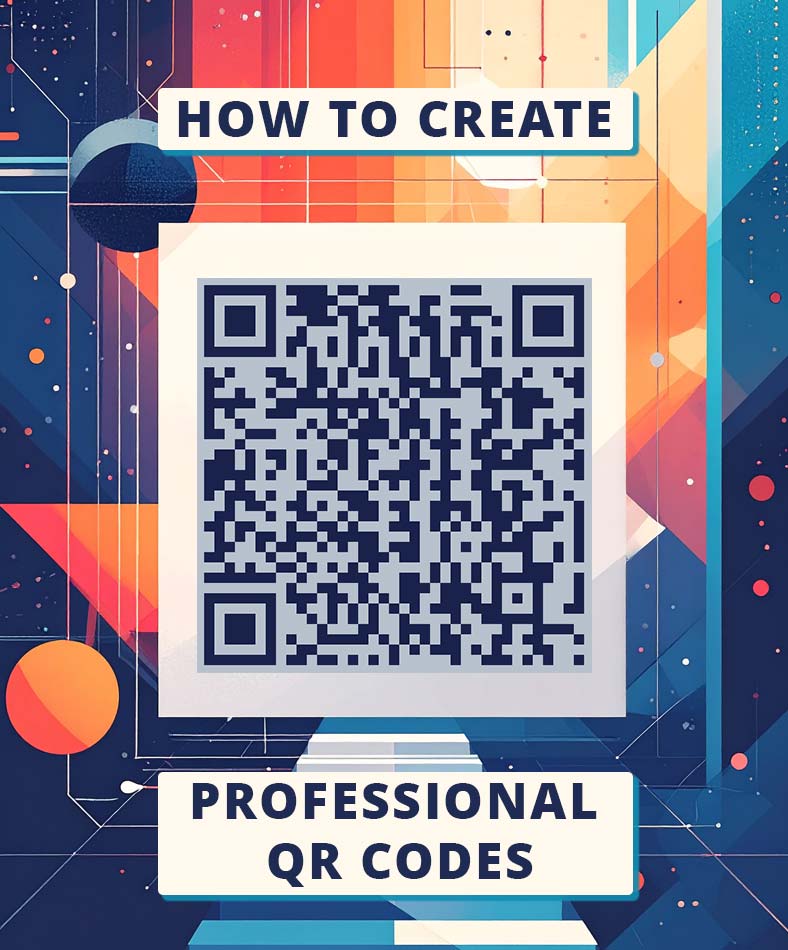Being your own boss sounds like a dream: no one to report to, flexible hours, and total control over your workday. But is it really all sunshine and freedom? In 2025, more people than ever are leaving traditional jobs to pursue freelancing, self-employment, or entrepreneurship. While the rewards can be incredible, the reality is more complex than a motivational Instagram quote.

The appeal of self-employment is clear. You set your own rules, follow your passions, and have the potential to build something that’s truly yours. But with that freedom comes responsibility, uncertainty, and the need for serious discipline. It’s not for everyone, and that’s okay.
Whether you’re dreaming of quitting your job, starting a business, or growing your side hustle into something full-time, it’s important to look at both sides of the story. Let’s break down the real-life pros and cons of being your own boss in 2025 so you can make a smart, informed decision.
Contents
Pro: Flexibility and Freedom
One of the biggest perks of being your own boss is the freedom to control your time. Want to start work at 10 a.m. instead of 8? Need to take a midweek afternoon off to visit family or go to the dentist? You can do that, no permission needed.
This kind of flexibility is a game-changer for many people, especially parents, caregivers, or those who simply don’t thrive in a rigid 9-to-5 environment. You can create a schedule that fits your energy levels, lifestyle, and goals.
You also get the freedom to choose the work you do and who you do it for. Hate pointless meetings? Skip them. Want to focus on projects that light you up? Go for it. When you’re in charge, you decide what success looks like.
This autonomy can lead to greater job satisfaction and creativity, especially for people who’ve felt stifled in traditional roles. For many, the ability to build a business around their values and passions is worth every bit of the hustle.
Con: Uncertainty and Financial Risk
The biggest downside of being your own boss? The buck stops with you. That means inconsistent income, no paid time off, and fewer safety nets if things go south. Unlike a salaried job, self-employment often brings financial highs and lows, especially in the beginning.
You might have months where clients dry up or sales dip. If you don’t work, you don’t get paid. And managing taxes, expenses, and insurance? That’s all on you.
This kind of unpredictability can be stressful, especially if you’re supporting a family or have big financial obligations. Many self-employed people find themselves constantly planning ahead to cover slow seasons or unexpected expenses.
There’s also the emotional weight of risk. Starting something new means stepping into the unknown. There’s no guaranteed paycheck, no built-in promotions, and no one else to take the fall if things don’t work out.
It’s not that you can’t succeed, many people do. But it requires careful planning, savings, and a willingness to live with some uncertainty while you build.
Pro: Personal Growth and Fulfillment
When you work for yourself, you’re not just building a business, you’re building confidence, resilience, and real-world skills. Being your own boss often pushes you out of your comfort zone in the best way.
You learn how to manage time, negotiate, market yourself, and solve problems on the fly. Every challenge becomes an opportunity to grow. That kind of hands-on experience is something no corporate training session can match.
There’s also something deeply fulfilling about creating something from scratch. Whether you’re freelancing, consulting, selling products, or running a full-fledged company, the pride that comes with ownership is hard to beat. Wins feel more personal because they are personal.
And when your work aligns with your values or passions, it doesn’t just pay the bills, it feeds your purpose. That sense of meaning is a major reason many people stick with entrepreneurship, even when it’s tough.
Con: Isolation and Burnout
While freedom is great, working for yourself can get lonely, especially if you’re doing it solo. There are no coworkers to chat with, no office banter, and no built-in support system. If you’re not intentional about community, self-employment can feel isolating fast.
Then there’s burnout. When you run the show, it’s easy to blur the line between work and rest. You might find yourself working nights, weekends, or skipping breaks because there’s always something to do. Without boundaries, hustle culture can take over, and that’s a fast track to exhaustion.
Many new entrepreneurs also struggle to switch off mentally. You’re constantly thinking about the next client, project, or bill. The pressure to keep everything afloat can be intense, especially in the early stages.
That’s why it’s so important to create routines, find peer support, and prioritize mental health as much as business growth.
Final Takeaway: Is Being Your Own Boss Right for You?
Being your own boss in 2025 has serious upside…but it’s not a magic solution. The lifestyle comes with both incredible freedom and real challenges. If you’re craving flexibility, personal growth, and the chance to shape your own future, it might be the best move you ever make.
But it’s also okay if you decide it’s not for you right now. Self-employment isn’t an all-or-nothing game. Many people start small with a side hustle or freelance gig, then grow into full-time entrepreneurship over time.
The key is to understand both the pros and cons clearly so you can move forward with confidence. Whether you leap now or later, being informed is your greatest asset.




0 Comments